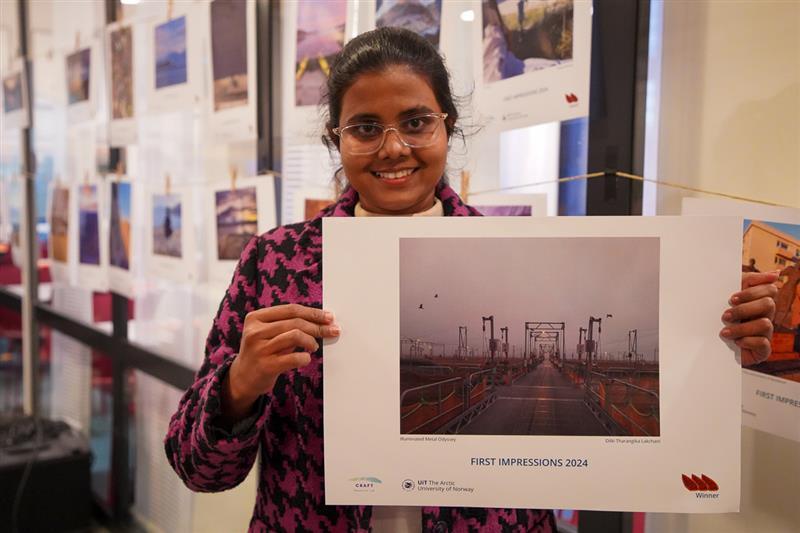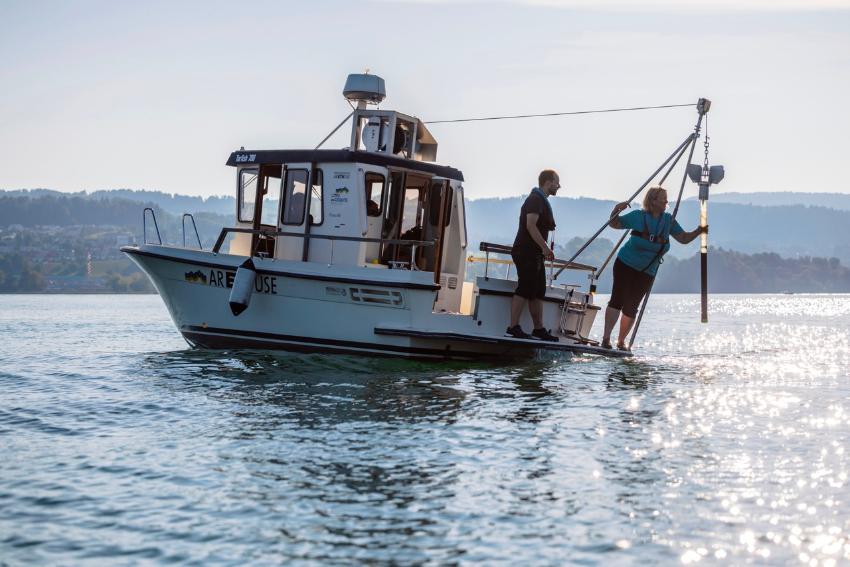UiT is awarded coveted status. Gathering the world’s best scientists on ice melting and carbon emissions.
Glaciers and ice caps are melting at an alarming rate. This affects the planet’s carbon accounting, but we are not quite sure how. Answers must be found urgently, and UiT has now received highly sought-after funding from the Research Council of Norway to gather the world’s best scientists in the field.
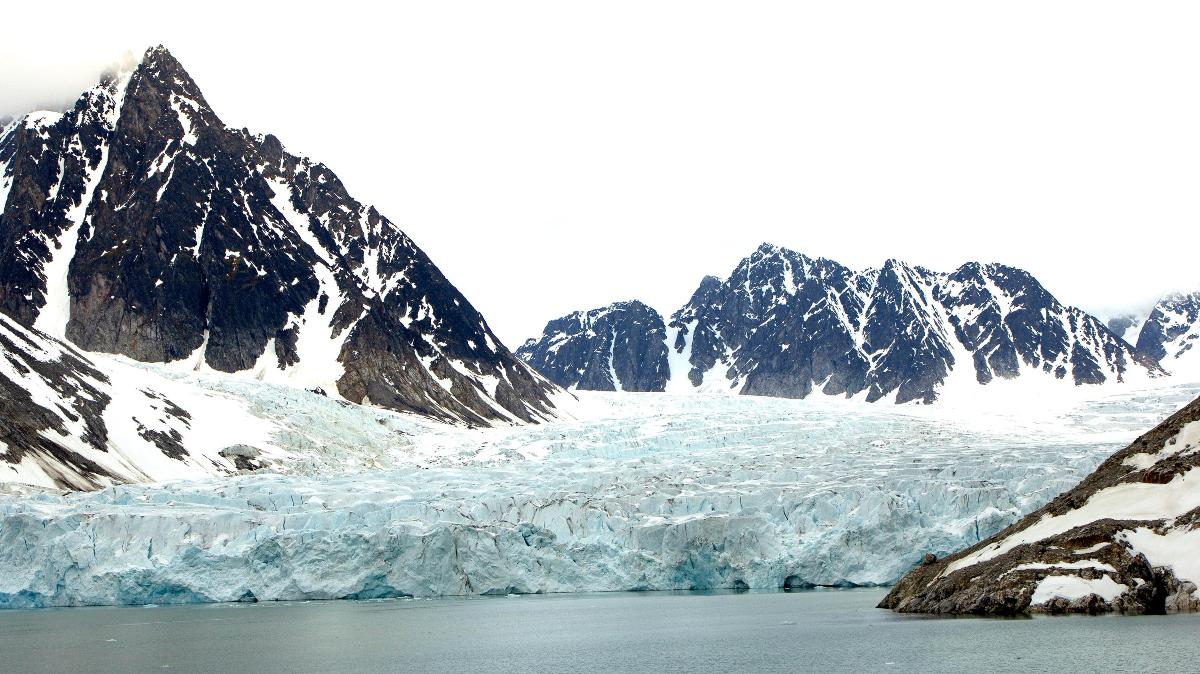
This was confirmed after the Research Council of Norway allocated funds to establish nine new Norwegian Centres of Excellence (SFF).
Facts about the SFF centers
By facilitating funding over a ten-year period, the goal is for the foremost scientists in the country to organise themselves in research centres so as to achieve ambitious research goals through collaboration.
The SFF centres will be characterised by innovative research that will have great potential for groundbreaking results that push international research forward.
Melting ice and carbon accounting
UiT The Arctic University of Norway was given the green light to establish the iC3 research centre - Centre for Ice, Cryosphere, Carbon and Climate. By bringing together the world’s leading expertise, iC3 will focus on the large ice masses and their role in global carbon accounting, and work actively to reduce the uncertainty associated with this.
This will play an important role in future intergovernmental assessments of climate change and management of the polar regions.
The centre will be led by Professor Jemma Wadham and Associate Professor Monica Winsborrow from UiT, and they will be joined by scientists from the Norwegian Polar Institute, NORCE and a number of institutions from around the world.
“The fact that this application was successful and received the Research Council of Norway’s most prestigious support is evidence of outstanding scientists and a strong research community that has been built up over many years at the Department of Earth Science”, says Camilla Brekke, Pro-Rector for Research and Development.
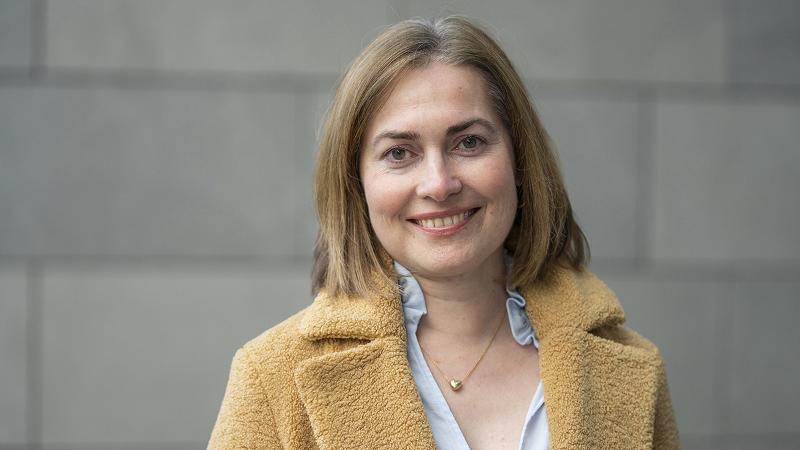
This is the second SFF centre linked to the Department of Earth Science, and they already have CAGE - Centre for Arctic Gas Hydrate, Environment and Climate.
“I am very proud that we now have a new SFF centre at UiT. Common to these research communities is that they are internationally at the forefront of their fields, and this shows that we have some of the foremost basic research communities in Norway. I am really looking forward to following this major initiative in the future”, says Brekke.
Solving enormous uncertainties
iC3 aims to fill a large knowledge gap within the field of polar science. Great uncertainty exists regarding how changes in the amount of ice will affect the Earth’s climate and ocean ecosystems. In order for carbon accounting to be as correct as possible, which is used by climate scientists in the UN’s Intergovernmental Panel on Climate Change (IPCC), this uncertainty must be reduced.
“This is absolutely necessary in order to support policies and leadership both in the polar regions and around the world”, says Professor Jemma Wadham, one of two centre directors.
The melting of ice masses affects so many different fields of expertise, which is why scientists from many different disciplines must be involved.
“We must have scientists who understand the melting of ice, scientists who understand the biological and chemical processes that take place, scientists who specialise in sediments and the bedrock below, and we must have oceanographers who focus on the sea”, Wadham explains.
iC3 will also benefit from the fact that Norway has very good infrastructure connected to both poles, both through buildings and research facilities and through various polar vessels.
Training a new generation of polar scientists
SFF status is the result of many years of research collaboration, and the centre will unite the research forces at UiT, the Norwegian Polar Institute and other partners in Norway and around the world.
An important part of such a long-term commitment is also to facilitate future scientists.
"This is at the heart of iC3; our ambition is to cultivate and train a new generation of interdisciplinary polar scientists, who together will help to engage politicians and the public regarding the importance of this field of research”, says Monica Winsborrow, associate professor and the other director of the centre.
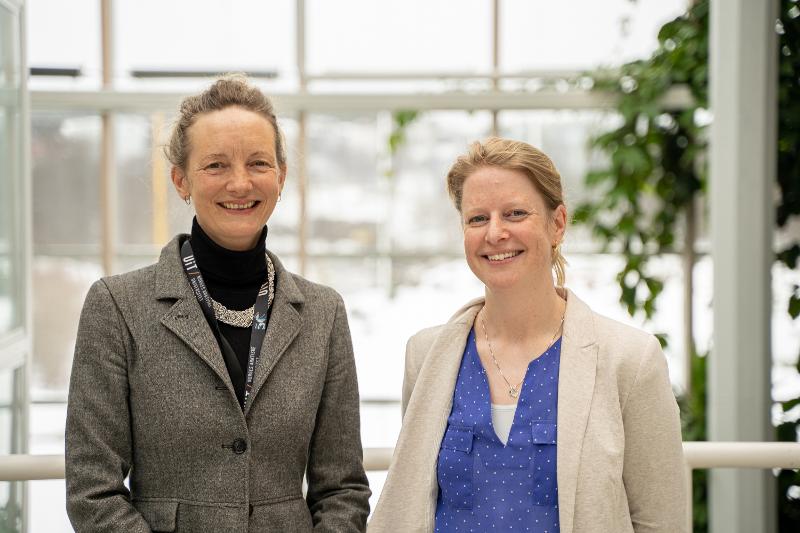
Getting through the eye of the needle is difficult
The opportunity to submit an application is announced every five years and the competition is fierce. Only 5 to 10 percent of the applicants succeed in gaining SFF status.
In this round, 161 applications were submitted from all over the country, 14 of which were from UiT The Arctic University of Norway. The applications go through two stages, and 36 applications were assessed in the final and decisive stage, 4 of which were from UiT.
The Research Council of Norway has selected 11 applications that will receive SFF status, and has allocated a total of NOK 1.4 billion to be distributed among these centres.
UiT is also an SFF ‘co-owner’ involving machine learning
In the same way that UiT is involved with scientists from a wide range of other institutions in such research collaborations, others are too. Robert Jenssen, professor and head of the machine learning group at UiT, is involved in an SFF centre that was awarded to the University of Oslo (UiO).
The centre is called Integreat – the Norwegian centre for knowledge-driven machine learning.
Together with the Norwegian Computing Centre, UiT will collaborate with UiO on this SFF.
These centres from UiT participated in the final
- iC3 – Centre for Ice, Cryosphere, Carbon and Climate
- Center for Language, Brain and Learning
- Centre for Ocean Legal Studies
- LSC – Lie-Størmer Center for Fundamental Structures in Computational and Pure Mathematics
- In addition, UiT shared responsibility in leading the Centre for integration of autonomous operations and sensing in marine ecosystem studies, together with NTNU.
- Integreat – the Norwegian centre for knowledge-driven machine learning – UiO (UiT is a co-owner)
-
Fiskeri- og havbruksvitenskap - bachelor
Varighet: 3 År -
Fiskeri- og havbruksvitenskap - master
Varighet: 2 År -
Akvamedisin - master
Varighet: 5 År -
Bioteknologi - bachelor
Varighet: 3 År -
Arkeologi - master
Varighet: 2 År -
Peace and Conflict Transformation - master
Varighet: 2 År -
Geosciences - master
Varighet: 2 År -
Biology - master
Varighet: 2 År -
Technology and Safety in the High North - master
Varighet: 2 År -
Physics - master
Varighet: 2 År -
Mathematical Sciences - master
Varighet: 2 År -
Biomedicine - master
Varighet: 2 År -
Molecular Sciences - master
Varighet: 2 År -
Law of the Sea - master
Varighet: 3 Semestre -
Biologi - bachelor
Varighet: 3 År -
Medisin profesjonsstudium
Varighet: 6 År -
Nordisk - årsstudium
Varighet: 1 År -
Arkeologi - bachelor
Varighet: 3 År -
Religionsvitenskap - bachelor
Varighet: 3 År -
Informatikk, datamaskinsystemer - bachelor
Varighet: 3 År -
Informatikk, sivilingeniør - master
Varighet: 5 År -
Likestilling og kjønn - årsstudium
Varighet: 1 År -
Historie - bachelor
Varighet: 3 År -
Religionsvitenskap - master
Varighet: 2 År -
Geologi - bachelor
Varighet: 3 År -
Biomedisin - bachelor
Varighet: 3 År -
Kjemi - bachelor
Varighet: 3 År -
Samfunnssikkerhet og miljø - bachelor
Varighet: 3 År -
Matematikk - årsstudium
Varighet: 1 År -
Ergoterapi - bachelor
Varighet: 3 År -
Fysioterapi - bachelor
Varighet: 3 År -
Radiografi - bachelor
Varighet: 3 År -
Russlandsstudier - bachelor
Varighet: 3 År -
Samfunnssikkerhet - master
Varighet: 2 År -
Kunst - bachelor
Varighet: 3 År -
Kunsthistorie - master
Varighet: 2 År -
Farmasi - bachelor
Varighet: 3 År -
Farmasi - master
Varighet: 2 År -
Religionsvitenskap - årsstudium
Varighet: 1 År -
Romfysikk, sivilingeniør - master
Varighet: 5 År -
Klima og miljøovervåkning, sivilingeniør - master
Varighet: 5 År -
Sosialantropologi - bachelor
Varighet: 3 År -
Bærekraftig teknologi, ingeniør - bachelor
Varighet: 3 År -
Historie - master
Varighet: 2 År -
Odontologi - master
Varighet: 5 År -
Russlandsstudier - master
Varighet: 2 År -
Anvendt fysikk og matematikk, sivilingeniør - master
Varighet: 5 År -
Barnevernsarbeid - master
Varighet: 2 År -
Forfatterstudium 2 - årsstudium
Varighet: 1 År -
Fine Art - master
Varighet: 2 År
